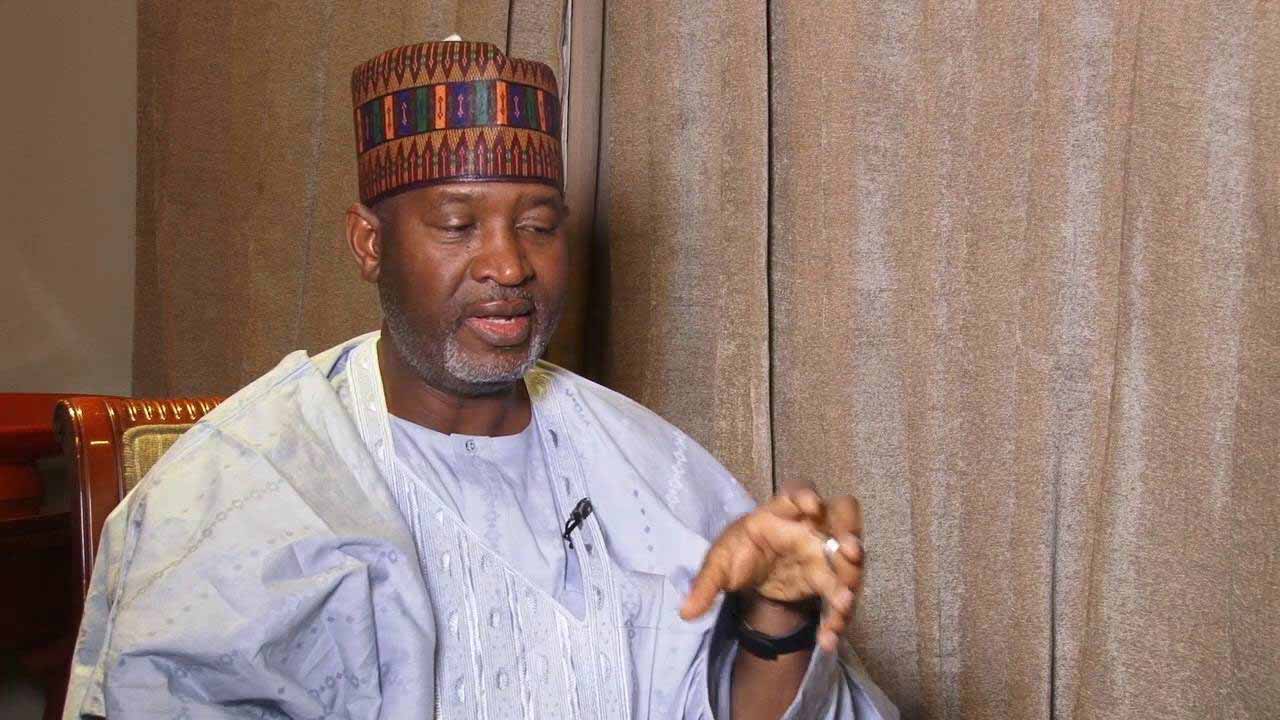Siriki Appeals to National Assembly Not To Reduce Aviation Sector’s Allocation
Senator Hadi Sirika, the Minister of Aviation, has pleaded with the National Assembly not to reduce the Aviation sector budgetary allocation.
Sirika made this appeal on Monday when he appeared before the Senate Joint Committee on Finance and National Planning at the ongoing stakeholders’ interactive session on the 2021-2023 Medium Term Expenditure Framework and Fiscal Strategy Paper.
The Senate panel categorised agencies in the aviation sector as revenue – generating agencies that do not need allocation in the national budget because they were self-reliance.
Sirika, therefore, made it know to the lawmakers that from now till the first quarter of 2022 there would decline in revenues from the aviation sector due to the negative effects of COVID-19 on the sector.
He also disclosed that the aviation sector had been the fastest-growing sector prior to the outbreak of COVID-19, but due to the effect of COVID-19, the sector has not been able to generate as it used to.
Sirika said, “On the questions regarding the challenging times and whether the overhead of the agencies will be mopped up to fund the national budget, I don’t think so.
“Take for example the COVID-19, we are the greatest hit sector. At the time when we came and in order to implement our agenda, which is called aviation road map, when we began to implement it, we slowly became the second fastest growing sector.
“Within the three years of implementation of that roadmap, we became in 2018, the second fastest growing sector of the Nigerian economy and just before COVID-19, we became the fastest growing sector in the Nigerian economy.
“Unfortunately, COVID-19 came and we shut down. I think until quarter four of 2021 and perhaps quarter one of 2022, we will continue to see sharp decline in passengers and that is directly proportional to the revenue that we collect.
“People’s confidence has to be raised. They have to begin to want to fly again and certain factors that encourage propensity to fly are also being eroded during this period.
“So, we are in difficult and challenging times and we do not have solutions even as advanced countries are spending huge amounts of money to support civil aviation businesses.
“The government, because of the challenge of funding, has not been able to respond to civil aviation requests and civil aviation funding like other countries have done.
“If government is not able to fund us because of the challenge of income, then government should not take the little that we have.
“Every single agency in civil aviation is so critical that we need to fund it and because we understand the nature of this business, that was why we have now introduced the concession of our airports.
“We have now done the outline business case; we are now going ahead for the procurement to concession these airports.
“The reason is simple and that is because this government, the APC administration, is social democratic in nature; it does not want to sell national assets.
“It wants to keep the assets with the people but we can concession them and improve them to make them better.”




 News3 weeks ago
News3 weeks ago


 Business3 weeks ago
Business3 weeks ago


 Technology3 weeks ago
Technology3 weeks ago
 Investment3 weeks ago
Investment3 weeks ago


 Banking Sector3 weeks ago
Banking Sector3 weeks ago
 Banking Sector3 weeks ago
Banking Sector3 weeks ago
 Appointments3 weeks ago
Appointments3 weeks ago
 Investment3 weeks ago
Investment3 weeks ago


















